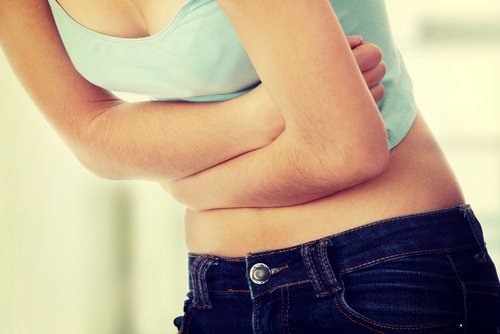Caffeine is a substance found naturally in the leaves and seeds of many plants. It is also manufactured artificially to be added to certain foods. It is considered a stimulant because it activates the central nervous system and increases the level of vigilance.
Caffeine is found in tea, coffee, many sodas, painkillers (analgesics) and other over-the-counter medications. Caffeine tastes very bitter in its natural form. However, most beverages that contain it are sufficiently processed to camouflage or disguise its bitter taste.
Caffeine produces an "injection" of energy for most people. Something like an "increase" and a temporary improvement of the mood. Other people feel this injection of energy in a negative way, so they stop using it.
Also, many people feel that caffeine increases their alertness level. The secret is in moderation. High doses of caffeine can cause anxiety, dizziness, headaches and nervousness. Caffeine can also interfere with the normal rhythm of sleep, regardless of our biological rhythms.

Caffeine can be addictive
We generally believe that caffeine is safe when consumed in moderation. Experts estimate that a moderate amount of caffeine for an adult is between 200 and 300 mg.
However, it consumes only 100 mg. caffeine a day can cause a person to develop an "addiction" to this substance. This means that we can develop withdrawal symptoms (such as fatigue, irritability, and headaches) if we stop using it suddenly.
The caffeine we eat comes from different sources. Among them are coffee, tea, caffeinated soft drinks, energy drinks, over-the-counter pain relievers, cold remedies, energy supplements, weight loss drugs, and chocolate.
Caffeine is also increasingly used as an additive for vitamins and food products. More than 85% of children and adults consume caffeine regularly. Therefore, some caffeine users have symptoms consistent with problematic alcohol use, including tolerance and abstinence.

Caffeine poisoning
The essential characteristic of caffeine poisoning is the recent consumption of caffeine and at least five signs or symptoms. These symptoms occur during or shortly after caffeine consumption.
The symptoms of caffeine poisoning are: agitation, restlessness, excitement, insomnia, hot flushes, diuresis and gastrointestinal discomfort. Low doses may occur in vulnerable groups, such as children, the elderly, or people who have never been exposed to caffeine.
Symptoms usually appear with levels of more than 1 gram per day are: muscle spasms, ramblings of thought and speech, tachycardia or cardiac arrhythmia, periods of infatigability and psychomotor agitation.
Caffeine intoxication may not occur despite high caffeine consumption due to the development of tolerance. For diagnosis, the signs and symptoms should cause clinically significant discomfort or deterioration in social, occupational or other important areas of functioning.
Also, the signs and symptoms should not be due to another medical condition. Nor should they be better explained by another mental disorder or intoxication with another substance. The criteria that have been cited from the Diagnostic and Statistical Manual of Mental Disorders (DSM-5).

Moderation is the key
As with almost everything, the key is in moderation. Sensory disturbances (for example, ringing in the ears and flashes of light) can occur with high doses of caffeine.
Although high doses of caffeine can increase heart rate, lower doses can decrease it. It has not yet been determined whether excessive caffeine consumption can cause headaches.
The physical examination allows us to observe: agitation, anxiety, sweating, tachycardia, facial flushing and increased intestinal motility. Then, as we said before, the moderation of our consumption is very important.

How does caffeine poisoning develop?
Caffeine has a shelf life of approximately 4-6 hours in the body. The symptoms of caffeine poisoning usually occur in the first few days and have no known long-term consequences.
However, people who consume high doses of caffeine (for example, 5 to 10 grams) may require immediate medical attention. In fact, such doses can be fatal. With age, individuals tend to have increasingly intense reactions to caffeine.
The main complaints are interference with sleep and the feeling of hyper-activation. Caffeine intoxication has also been observed in young people after consumption of products with high caffeine content, including energy drinks.
Children and adolescents may be at increased risk of poisoning due to a number of factors. Among them we find the low weight, the lack of tolerance and the little knowledge about the pharmacological effects of caffeine.

CONCLUSION
Do not underestimate the power of caffeine and consume it in moderation. The deterioration caused by caffeine poisoning can have serious consequences. Among them, the decrease in performance at work or school, a greater difficulty in regulating emotions or non-compliance.






Congratulations @sugestiones! You received a personal award!
Click here to view your Board of Honor
Do not miss the last post from @steemitboard:
Congratulations @sugestiones! You received a personal award!
You can view your badges on your Steem Board and compare to others on the Steem Ranking
Vote for @Steemitboard as a witness to get one more award and increased upvotes!